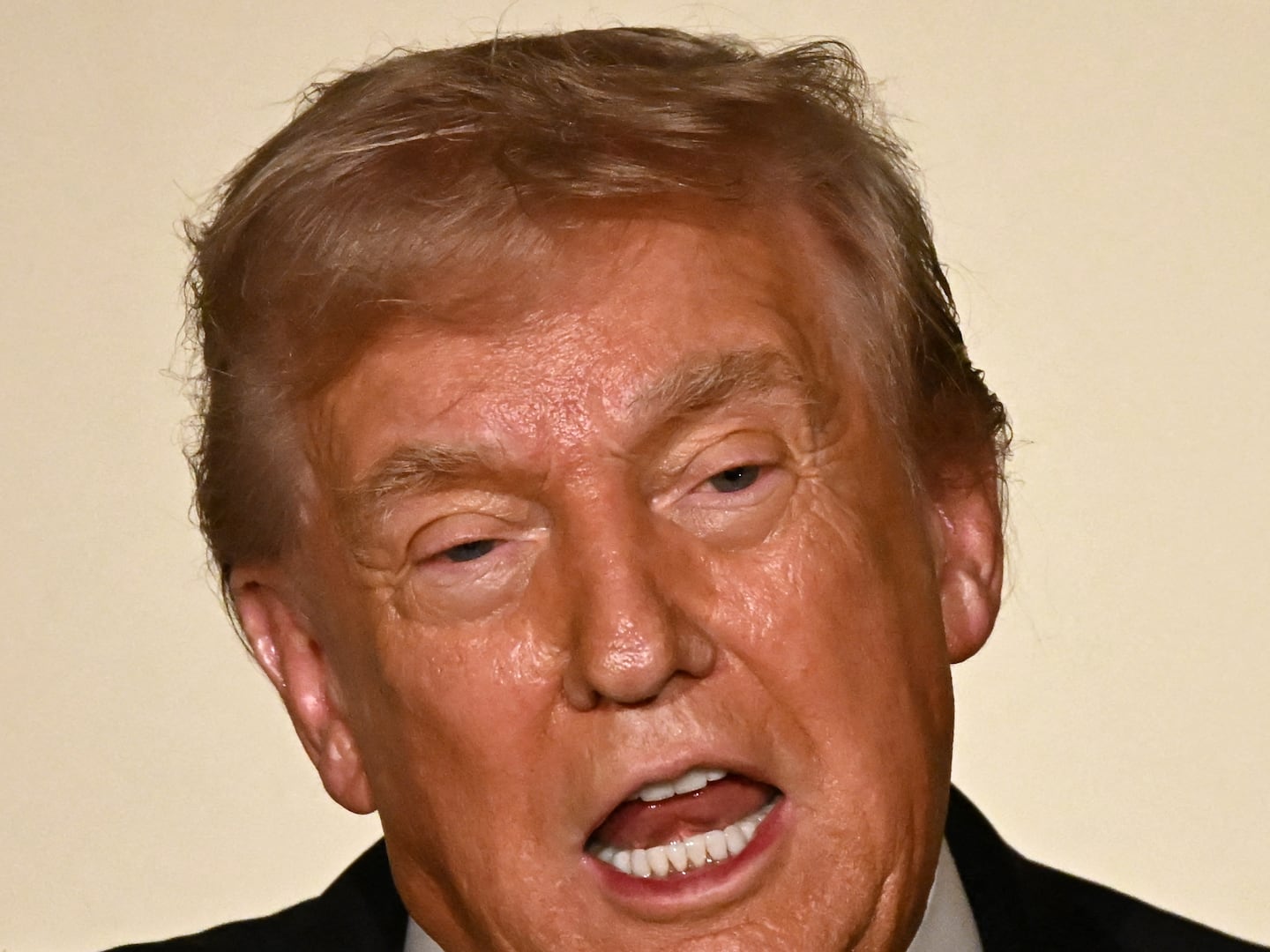
Mr. Panetta's prediction is acknowledgement not only that terrorists will attempt to attack the United States again in the near future but also that his and other agencies do not have, and probably will not have, sufficiently specific information to preempt the attack. The administration can help to prepare the public for the next terrorist incident by educating the public—outside the politicized and emotional heat of the aftermath of an attack—about this truth and its implications. The chief implication is that despite the best efforts of government agencies and no matter how much they are reformed, some terrorist attacks will occur. Another implication is that the customary hindsight-driven recriminations after each incident are chiefly a distraction and disruption and do little or nothing to prevent the next attack after that.
Stimulating shock and fear is the essence of what terrorism is all about. Sometimes the most effective thing we can do to combat terrorism is not to pursue the unattainable goal of preventing all terrorist attacks but instead to reduce the shock when attacks do occur.
Paul Pillar was deputy chief of the counterterrorist center at the CIA from 1997 to 1999. He is director of graduate studies at Georgetown University's Security Studies Program.






